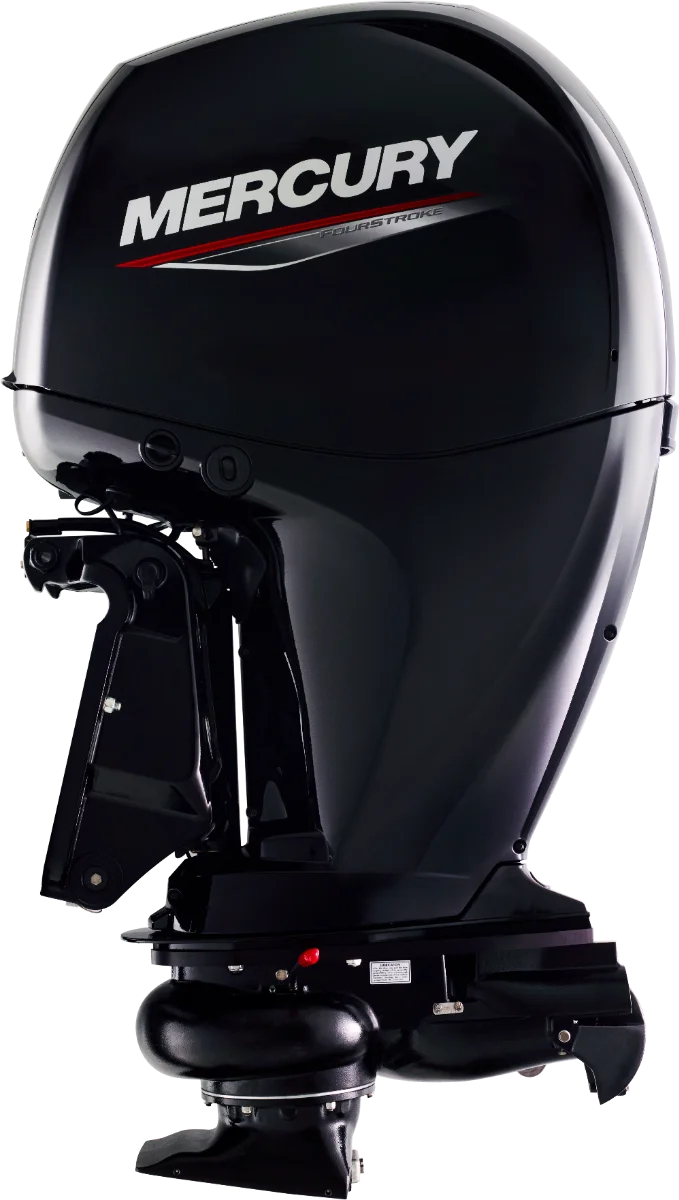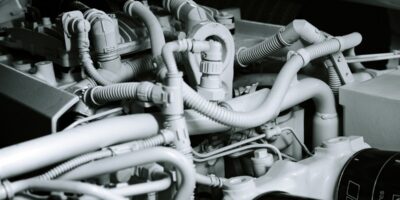Understanding the nuances between various types of boats can often be confusing, especially when it comes to distinguishing between a power boat and a motor boat. The terms are frequently used interchangeably in casual conversation, yet there are subtle distinctions that differentiate these two types of watercraft, both in design and intended use.

At its core, the primary difference between a power boat and a motor boat revolves around the context in which each term is most commonly used. To put it simply, all power boats are motor boats, but not all motor boats are power boats. This distinction is crucial for both boating enthusiasts and those looking to purchase or utilize these vessels.
**Motor Boat: A Broad Category**
A motor boat, by definition, is any type of boat that is propelled by a mechanical means, such as an engine. This broad category encompasses a wide variety of boats, including small fishing boats, large yachts, and everything in between. The defining characteristic of a motor boat is its motor, whether it’s an outboard, inboard, or sterndrive engine. Motor boats can be used for a multitude of activities including fishing, cruising, racing, and more.
**Power Boat: A Specific Type**
Power boat, on the other hand, is a term typically used to describe a faster, more performance-oriented type of motor boat. These boats are designed for speed and agility, making them ideal for racing, water sports, and fast cruising. Power boats usually feature planing hulls, which allow them to ride on top of the water rather than pushing through it, leading to higher speeds and more efficient fuel consumption.
**Design and Usage**
From a design perspective, power boats often have sleek, aerodynamic lines that emphasize speed and performance. They might also be equipped with powerful engines and advanced technology to enhance their handling and speed capabilities. In contrast, other motor boats might focus more on comfort and stability, offering amenities such as cabins, fishing platforms, and more substantial storage spaces.
The intended use of these boats also differs significantly. Power boats are generally favored by those looking to engage in specific sports or who need rapid transportation over water. Conversely, motor boats can be tailored to a variety of needs, from leisurely river cruises to offshore fishing ventures.
**Choosing Between Them**
When deciding between a power boat and a motor boat, potential buyers should consider their primary activities on the water. If speed, racing, and water sports are the main attractions, a power boat might be the best choice. For more varied activities, including casual boating with family and friends, a motor boat could provide the versatility and comfort needed.
**Conclusion**
In conclusion, while the terms power boat and motor boat may seem synonymous at first glance, they refer to different categories within the boating world. Understanding these differences can enhance your boating experience, ensuring you select the right type of boat to suit your activities and lifestyle. Whether you opt for the sleek performance of a power boat or the versatile comfort of a motor boat, knowing what each offers can help you make the most of your time on the water.




Leave a Reply